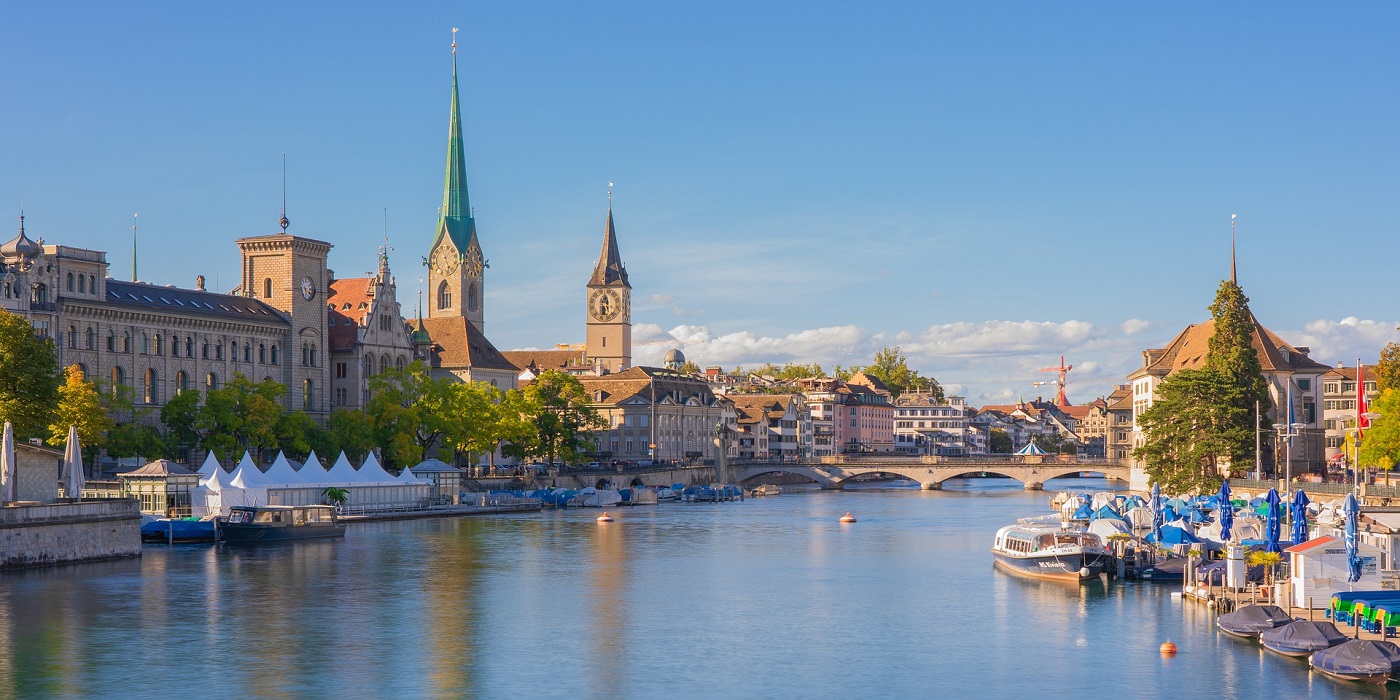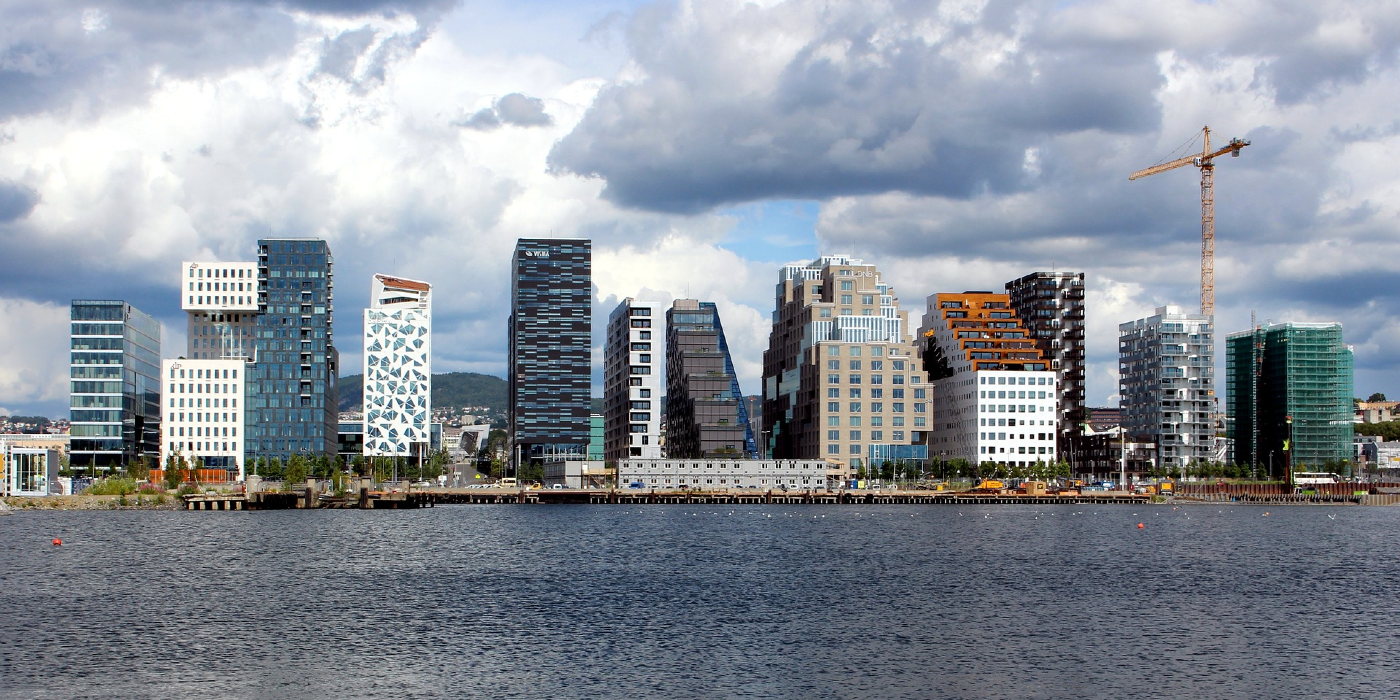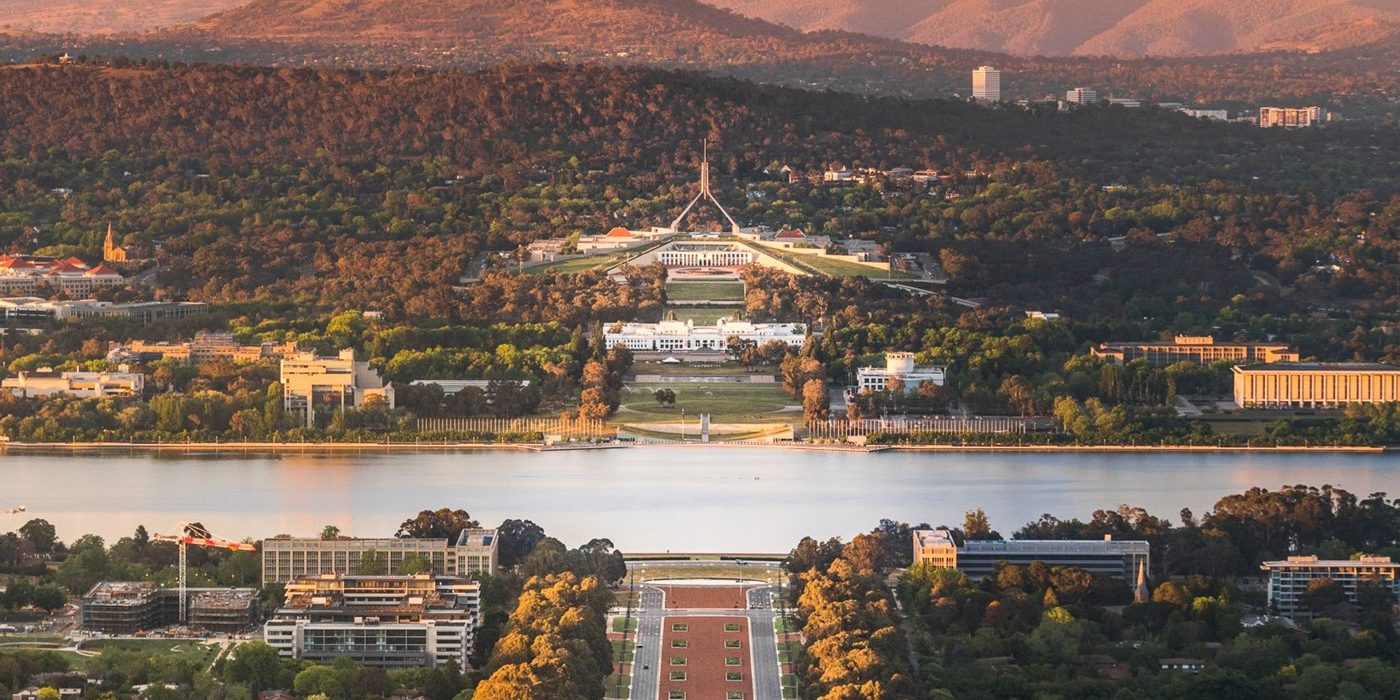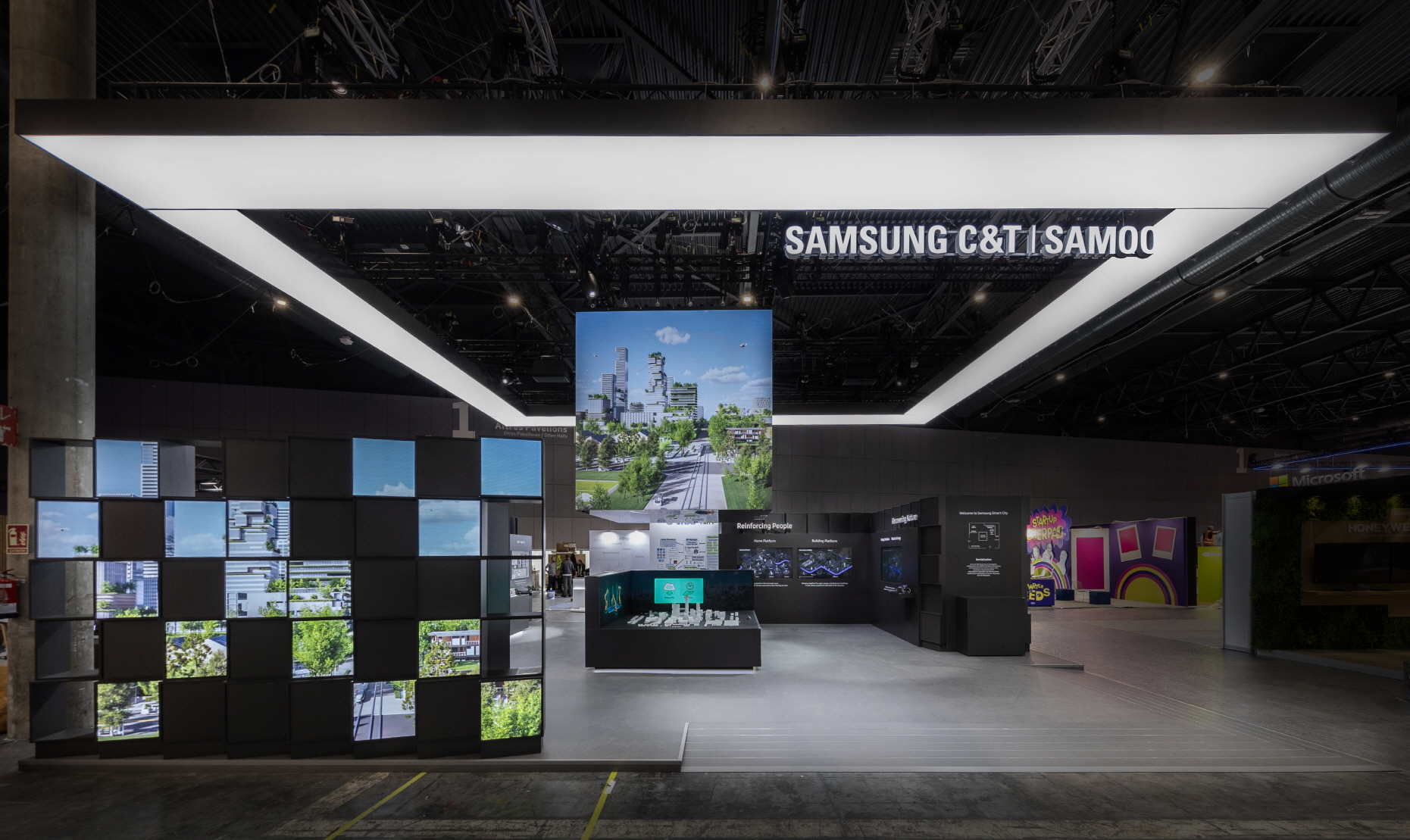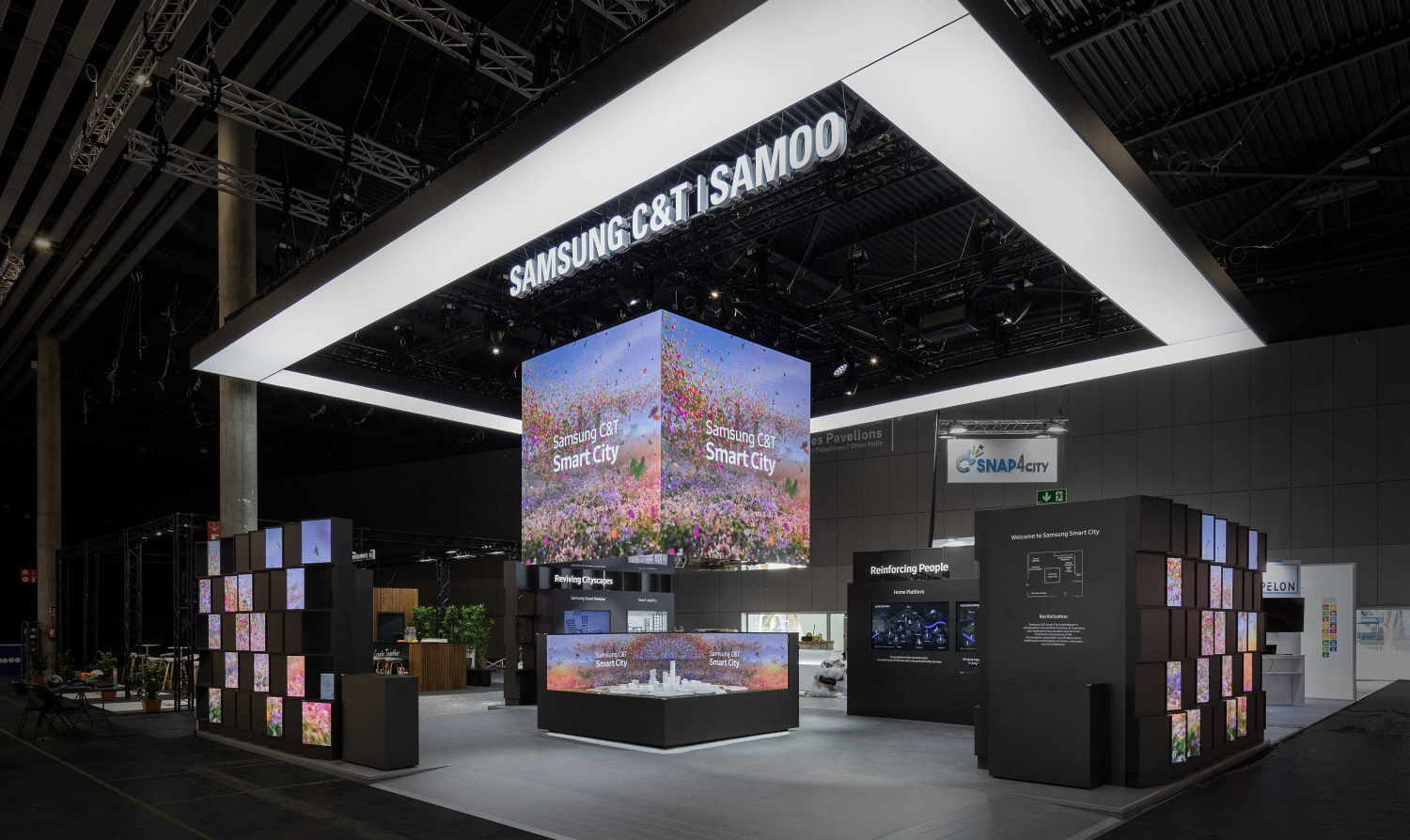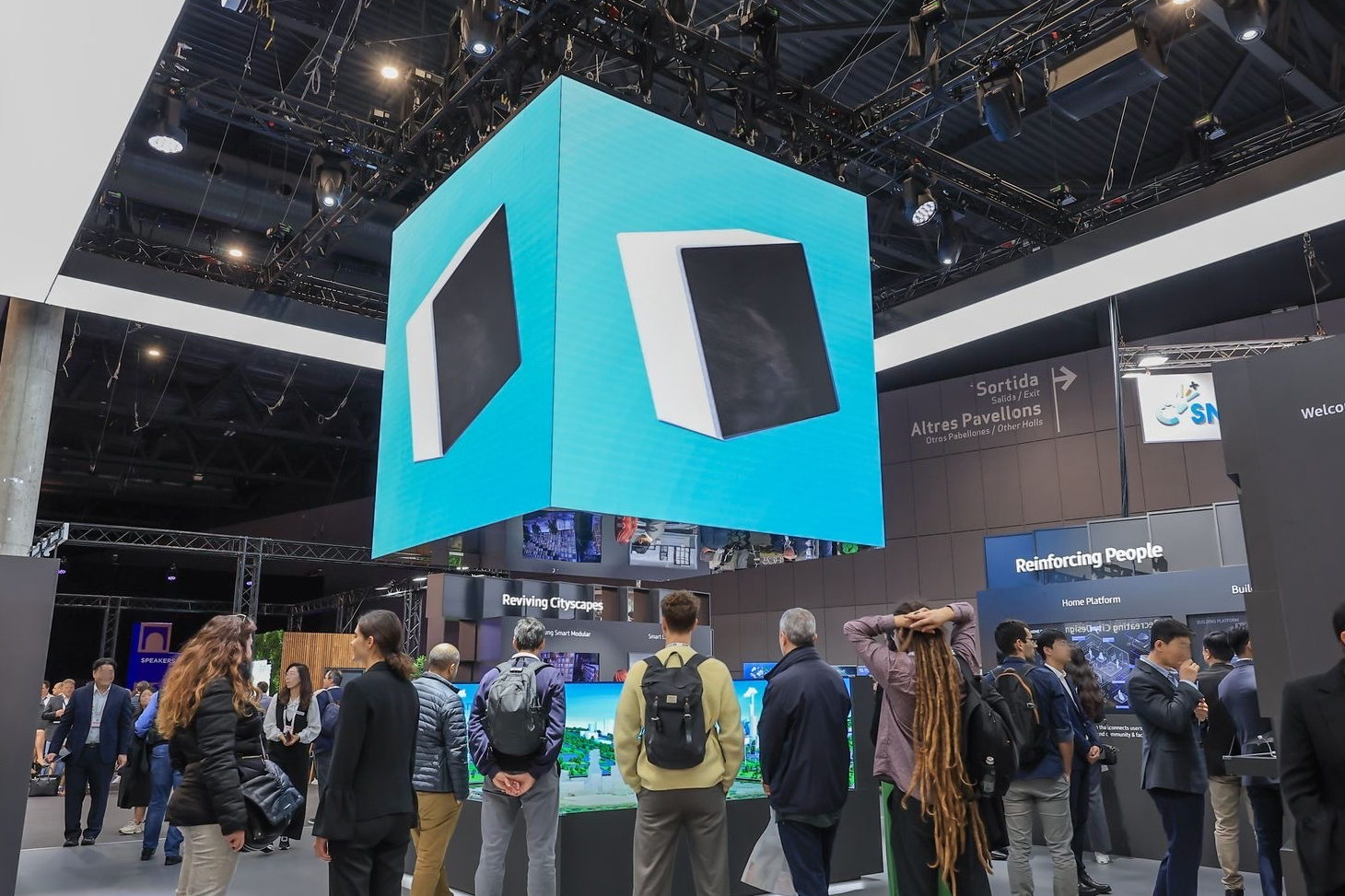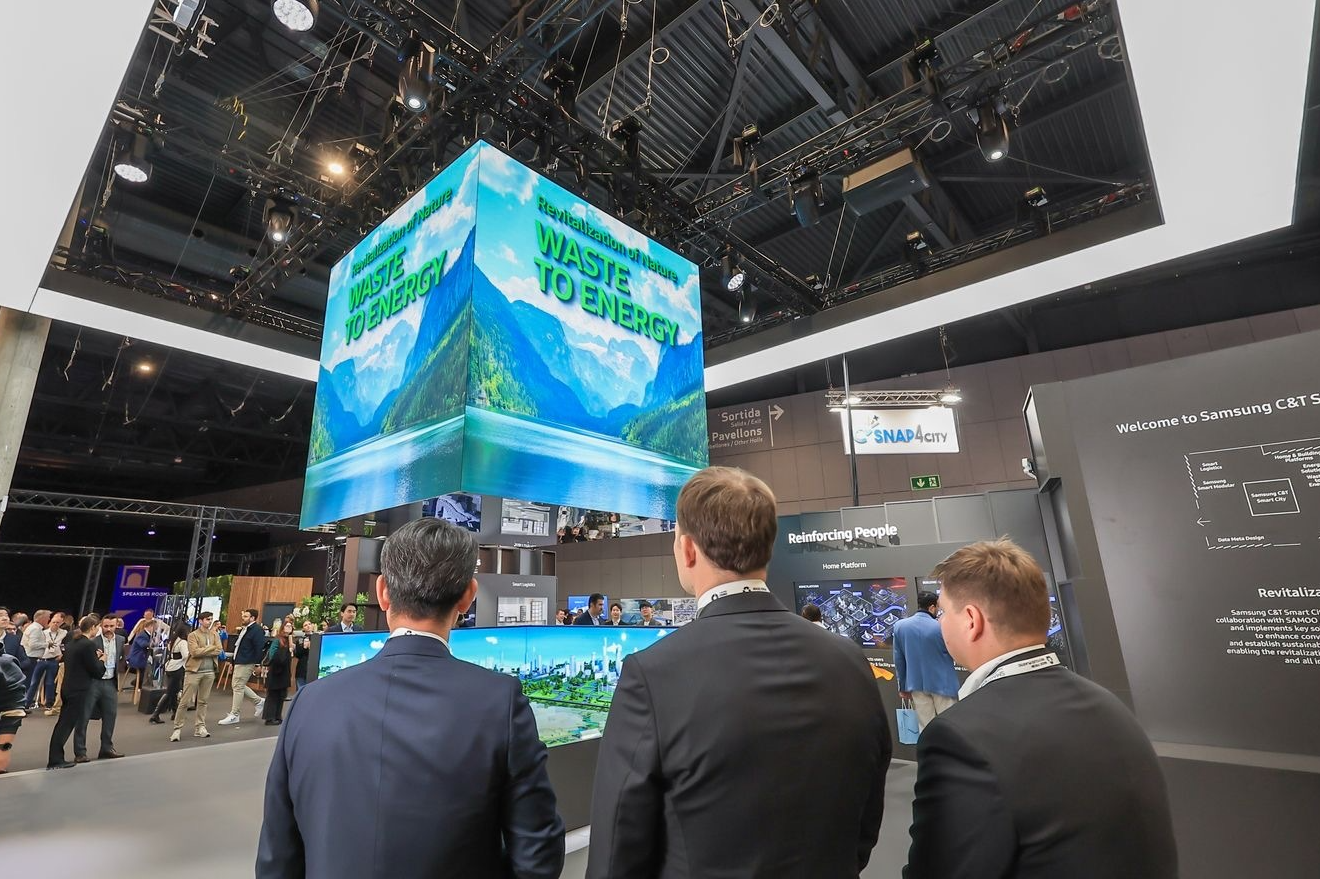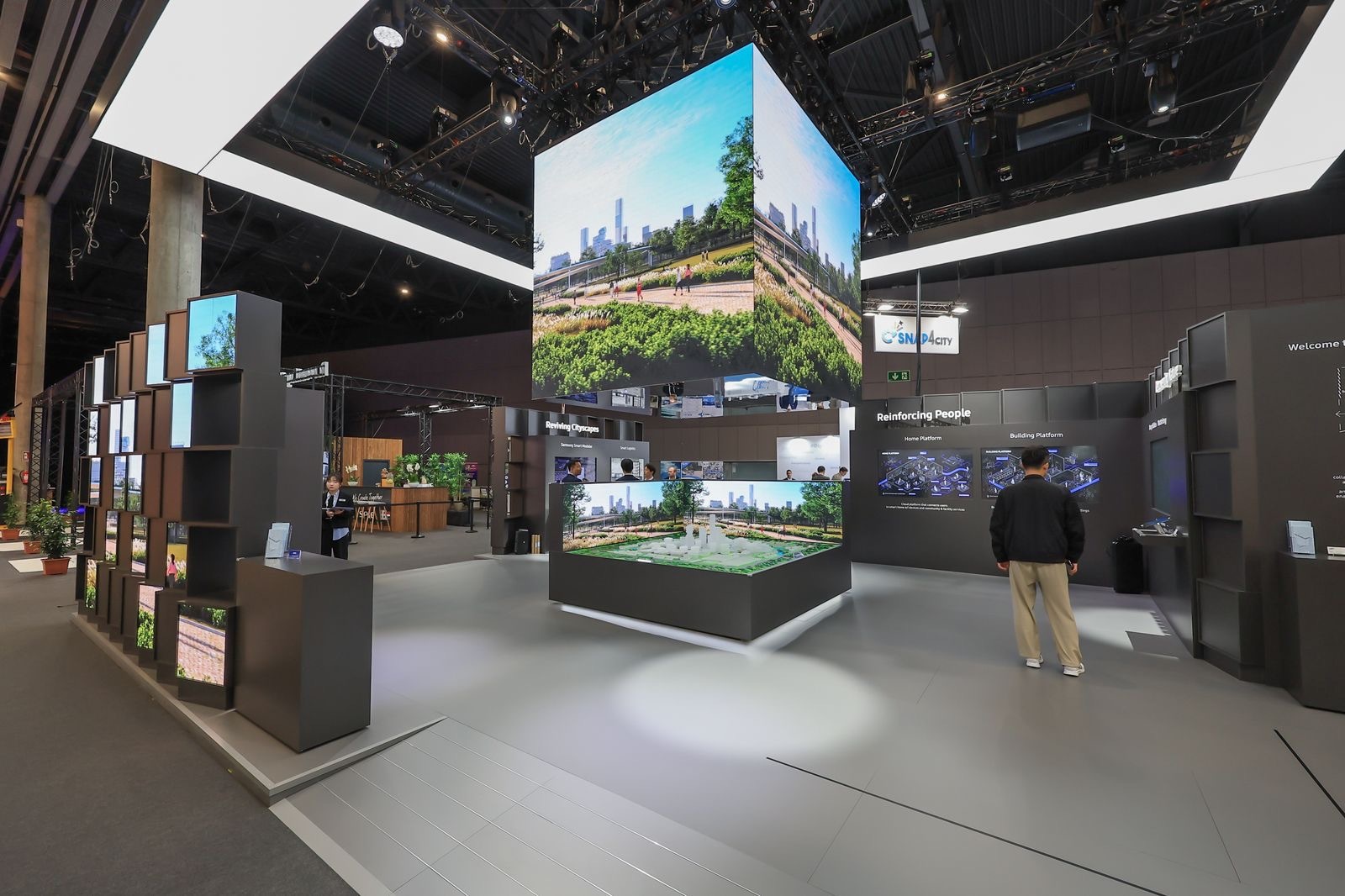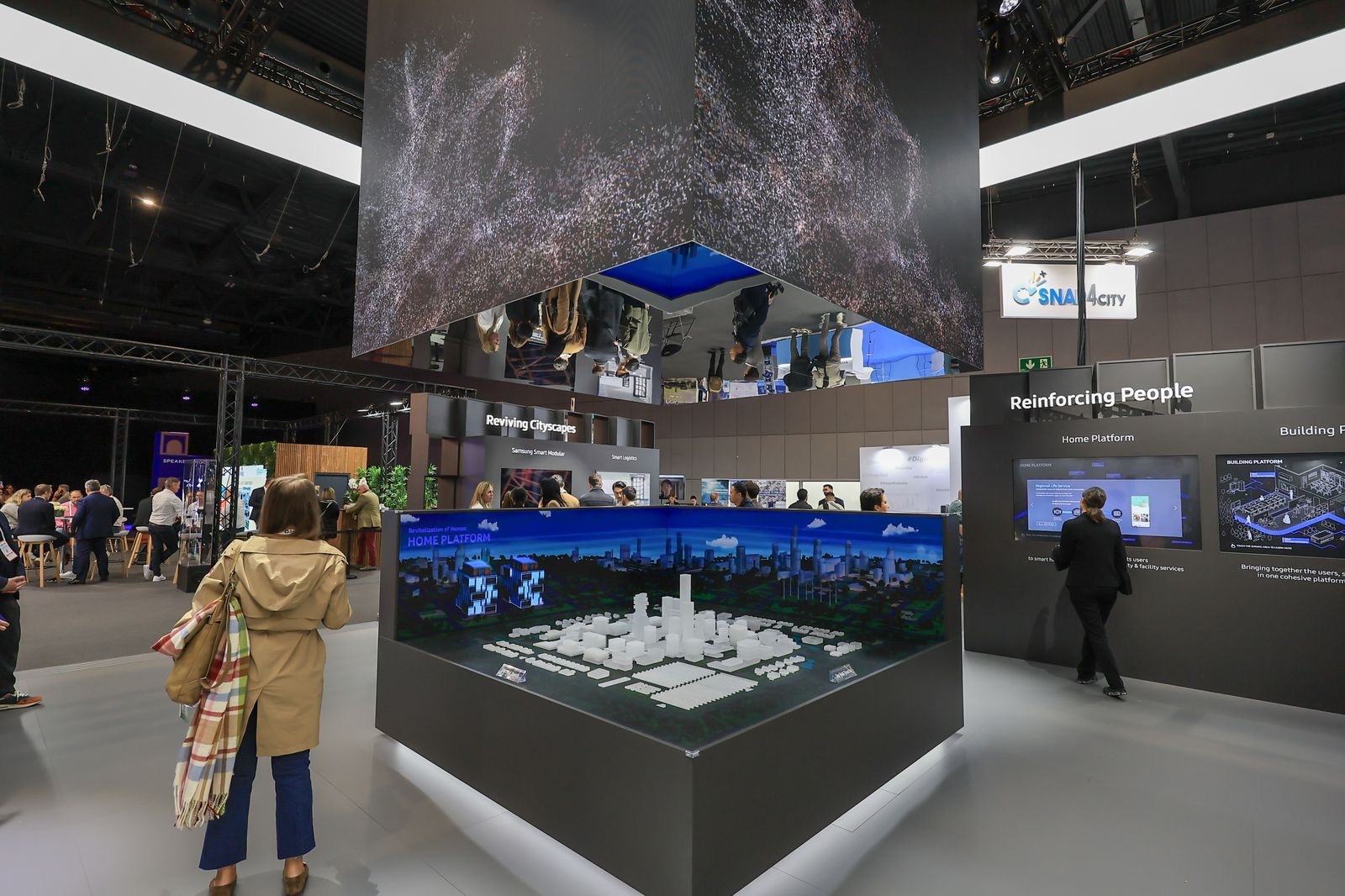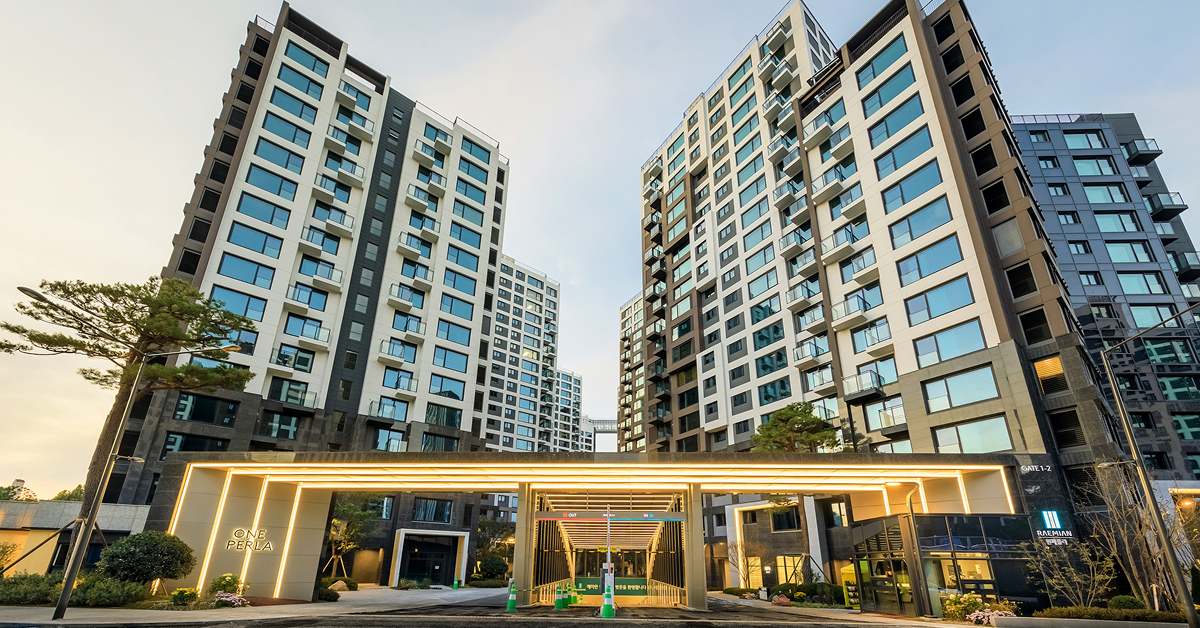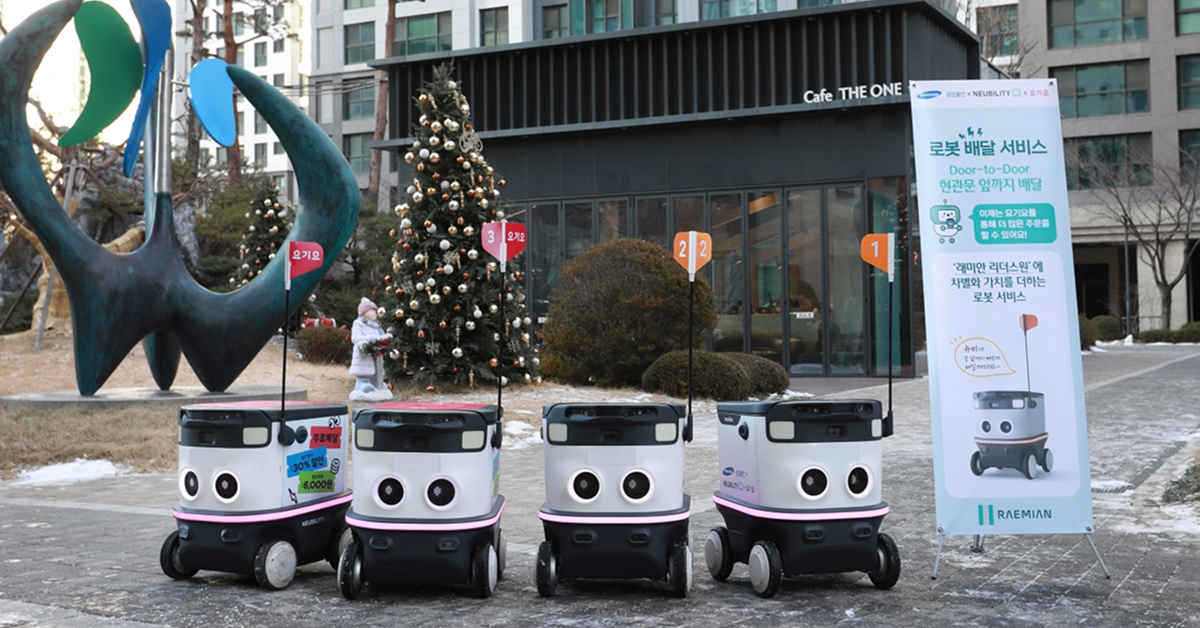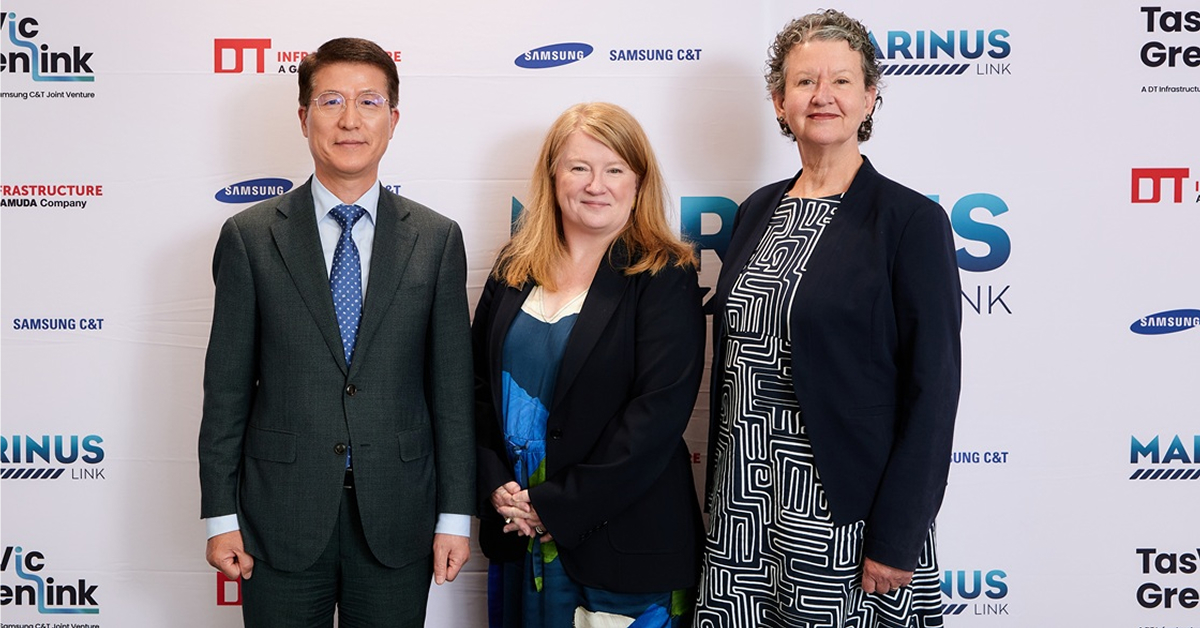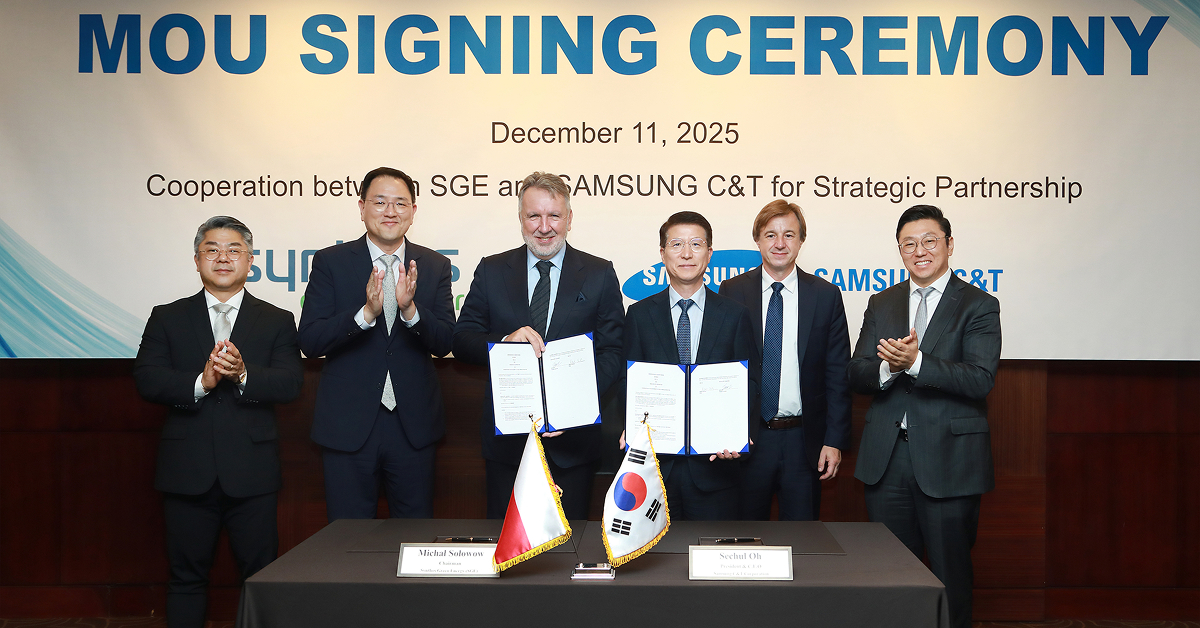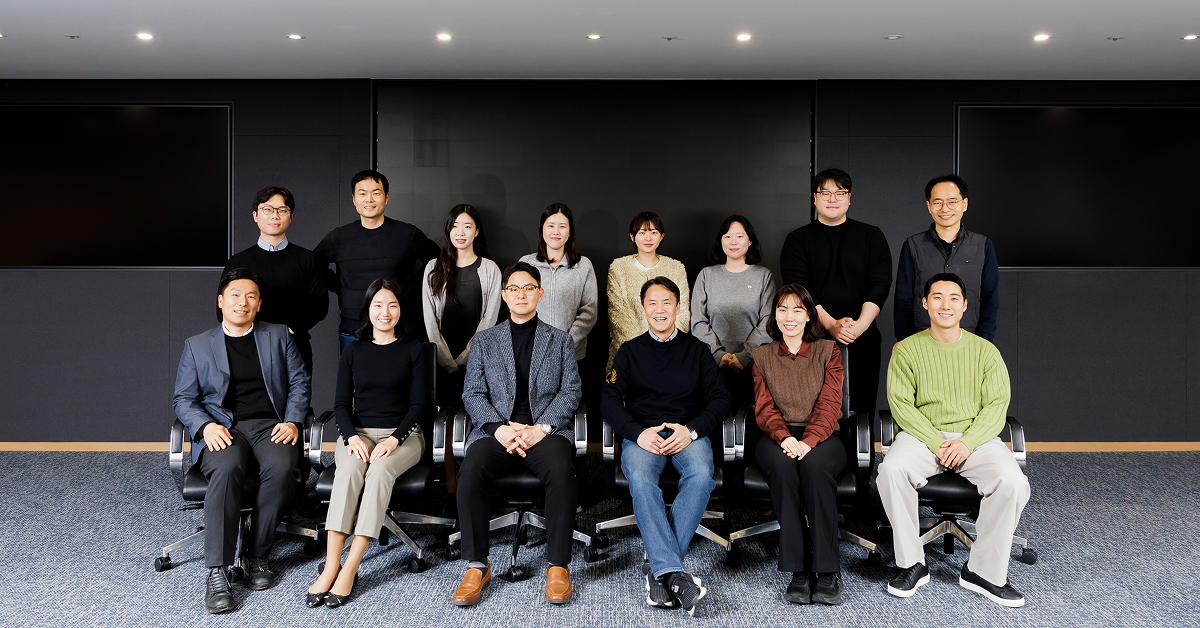As cities get busier and denser, people dream of an urban life that minimizes travel times with real-time information and provides convenience through remote work opportunities, while also managing carbon emissions. Such a so-called “smart city” is the urban environment of the future that can make our lives more convenient and efficient.
Let us learn more about what a smart city is, what technologies are needed to create a smart city, and how Samsung C&T is also actively participating in the construction of smart cities around the world.
What makes a city “smart”?
Smart cities are appearing in various places
Each year, the Institute for Management Development’s World Competitiveness Center ranks the world’s top smart cities. In 2023 Zurich, Oslo and Canberra were the top 3.
Switzerland’s largest city Zurich is known for its strong focus on financial technology and biotech. It has also been recognized by the Smart City Observatory for its good performance in “governance, safety, and quality of life.”
Among the smart city initiatives in Norway’s capital Oslo, there are electrical buses, green energy systems, and circular waste management systems retrofitted to existing buildings. Meanwhile, Australia’s capital Canberra recently passed legislation to establish a circular economy by using waste as a resource rather than something to be disposed of in an effort to become carbon neutral.
At the same time, Asia is a beacon of growth and hub of innovation in smart cities, with Singapore, Beijing, Seoul, and Hong Kong all in the top 20 this year. And in 2022, Korea’s capital won the title of Smart City of the Year at the World Smart City Awards in Barcelona.
How is Samsung C&T taking part in this transformation?
Collaboration between technology and construction industries plays an important role in realizing smart cities. Therefore, construction companies worldwide are working on smart city projects, helping to create the infrastructure for cities to be smarter. The Global Smart Cities market is projected to grow at a compound annual growth rate of 14.01% to 2030, reaching a worldwide total of US$1472.10 billion.
Samsung C&T Engineering & Construction Group has already joined the world of smart cities, joining the project to build Korea’s first from-scratch smart city, Busan Eco Delta City. Among other things, the company has employed eco-friendly technologies to make the city energy independent and to reduce waste and loss of energy.
More recently, at the end of October Samsung C&T E&C Group signed a business agreement with Sinar Mas Land, Indonesia’s largest real estate developer, pledging to cooperate in the development of smart cities in that country. The two companies plan to pursue comprehensive collaboration, including introducing smart home technology, building civil and IT infrastructure, and applying new and renewable energy technology to new cities being developed elsewhere in Indonesia.
Currently, the company is undertaking a massive Bumi Serpong Damai (BSD) City Project in the southwestern region of Jakarta. Samsung C&T plans to apply its own core smart city technologies in BSD City, such as a smart home platform, modular construction techniques, and new and renewable energy to this construction project.
This month, Samsung C&T became the first Korean construction company to take part in the Smart City Expo World Congress. Held in Barcelona, this is the world’s largest smart professional exhibition where government agencies, cities, and corporations from around the world participate to share and exhibit technology and to build business networks for future city design.
At the World Congress, Samsung C&T presented a smart city standard model and revealed its key solutions for implementing smart cities, such as renewable energy and energy storage systems, biogas, modular construction techniques, smart logistics, and platforms for homes and other types of building.
Thanks to its accumulated experience and ongoing research and development work, Samsung C&T possesses the technology and capabilities to build the infrastructure necessary for a smart city. This is what forms the basis of its active participation in various smart city-related projects. Samsung C&T plans to take the lead in building whatever is necessary to realize efficient and sustainable cities in the future.



